
Review top news and interview highlights from the week ending February 16, 2024.
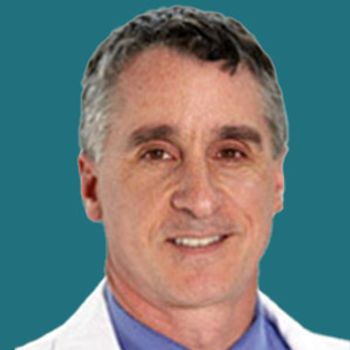
David Porter, MD, the director of cell therapy and transplant at Penn Medicine, discussed the importance of sharing knowledge in the emerging field of cell therapy for autoimmune disease.
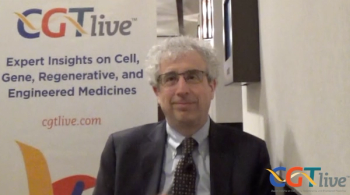
The chief of the Division of Rheumatology and professor of medicine and professor of epidemiology at Penn Medicine discussed challenges on the horizon in this rapidly emerging field.
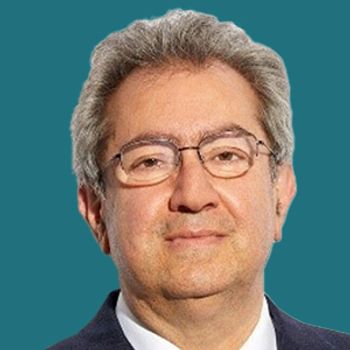
The first 3 participants in the MUSIC-HFpEF trial have now been dosed with the AAV vector-based gene therapy.

Ascidian Therapeutics presented positive preclinical data at the 2023 ASGCT meeting.
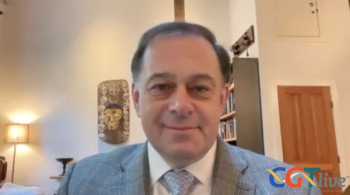
The clinical research director of the UCSF Multiple Sclerosis Center discussed the importance of rigorous clinical trial design for determining whether CAR-T will truly be of benefit in autoimmune disease.
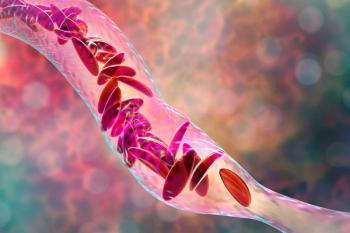
The approval follows the separate US approvals in December 2023 and January 2024.

Catch up on the latest news, breakthroughs, and announcements from biotechnology companies making advancements in cell and gene therapies.
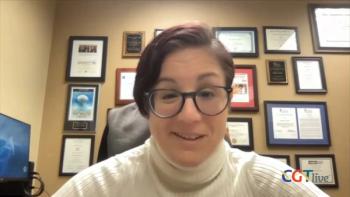
The director of the Adult Sickle Cell Clinic and associate professor at University of Alabama Birmingham pointed out access to a sickle cell specialist as one such priority.
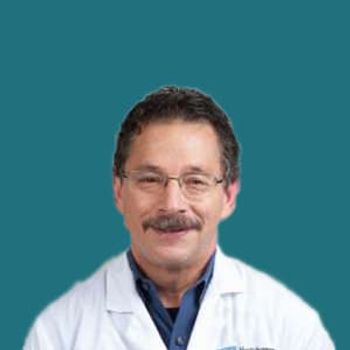
Rocket submitted additional CMC data in response to FDA information requests.
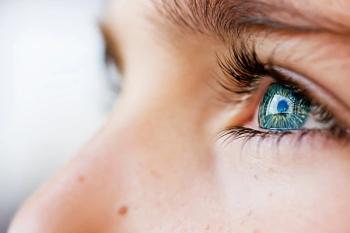
The phase 3 trial of tivanisiran failed its primary endpoint.
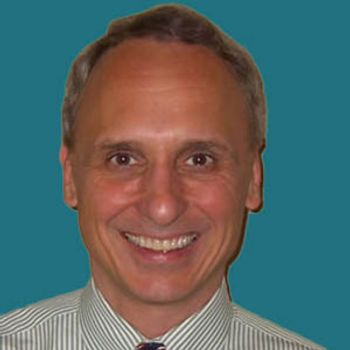
Barry J Byrne, MD, PhD, the chief medical advisor of MDA, discussed what he views as the next horizon in the field of gene therapy.
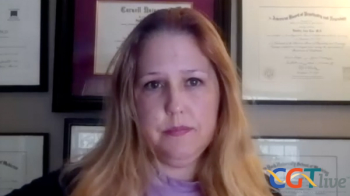
The executive director of global clinical development at Ultragenyx Pharmaceutical discussed UX111, the company’s investigational gene therapy for MPSIIIA.
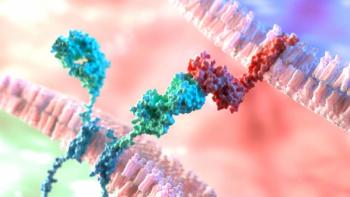
Hemogenyx noted that the agency confirmed all issues pointed out in the initial clinical hold letter from June 2023 had been sufficiently addressed by the company.
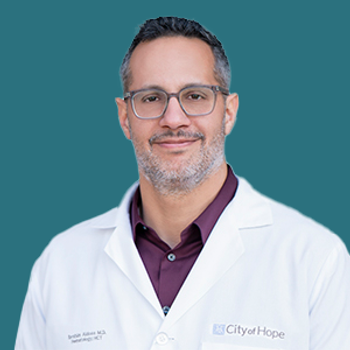
The BAFFR-CAR T-cell therapy is being investigated in a phase 1 single-center and phase 1 multicenter trial in B-ALL and B-NHL.
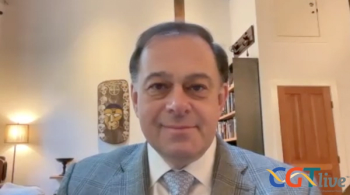
The clinical research director of the UCSF Multiple Sclerosis Center discussed the current standard of care for B-cell driven autoimmune diseases and how CAR-T could address unmet needs.
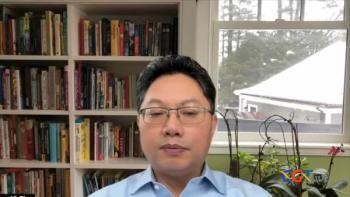
The associate professor of otolaryngology from Harvard Medical School also shared other big takeaways from the landmark trial for the gene therapy field.

Barry J Byrne, MD, PhD, the chief medical advisor of MDA, discussed his research on a new application of efgartigimod alfa (Vyvgart).
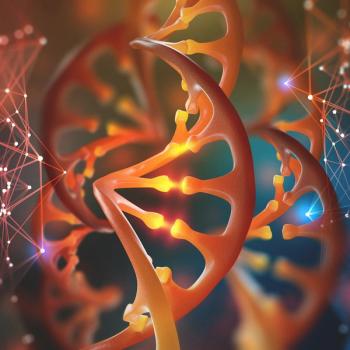
Catch up on any of the key data updates you may have missed last month, with coverage highlights from the CGTLive™ team.
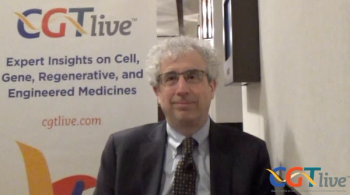
The chief of the Division of Rheumatology and professor of medicine and professor of epidemiology at Penn Medicine discussed the panel he participated in at the inaugural Cell Therapy for Autoimmune Disease Summit.
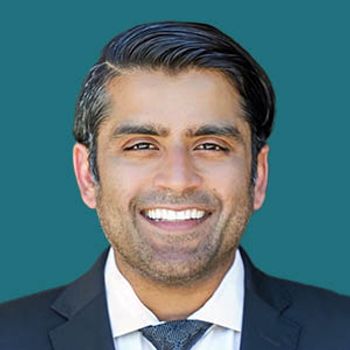
At the 24-week analysis, patients who received the high dose achieved an 89% decrease in annualized antiVEGF injection rates.

Review top news and interview highlights from the week ending February 9, 2024.
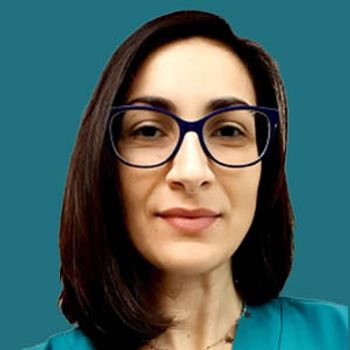
The gene-edited cell therapy also showed a safety profile consistent with that previously seen in patients with early-onset MLD.

Data from defunct company Lysogene’s discontinued trial of LYS-GM101 were presented at WORLDSymposium.

Among the 5 patients treated in the study, sustained supraphysiological expression of the disease-targeted gene, SGSH, was rapidly achieved in the leukocytes and the plasma.
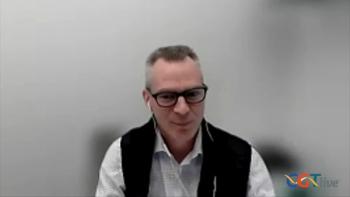
The chief scientific officer at Omega Therapeutics discussed how the MYCHELANGEO-1 trial may validate the company’s OEC platform.
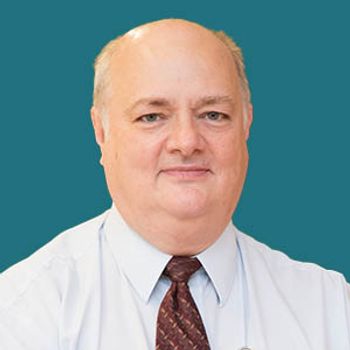
Hematological recovery was achieved and maintained in all 4 patients in the study.

Catch up on the latest news, breakthroughs, and announcements from biotechnology companies making advancements in cell and gene therapies.
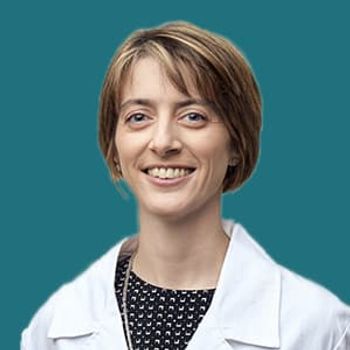
Orchard Therapeutics has also randomized the first patient with Hurler Syndrome in the phase 3, registrational HURCULES trial of OTL-203 gene therapy.
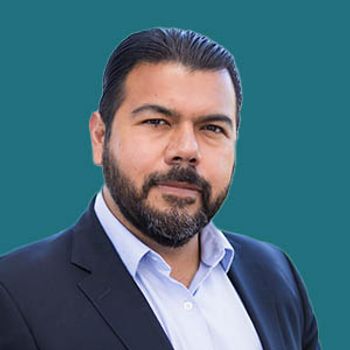
ETX101 consists of a transgene encoding a GABAergic regulatory element and an engineered transcription factor that is delivered via a nonreplicating, recombinant AAV9 vector.